an engaging portrayal of the dramatic changes in sea levels and storms in Louisiana
Watch the Trailer Watch the Full FilmClimate change poses real threats that call for tough choices under deep uncertainty. Louisiana has been called “the canary in the coal mine” for climate impacts as it reports rates of relative sea level rise among the highest in the world as more and more land disappears into the Gulf of Mexico. The public television documentary Managing Risk in a Changing Climate examines how Louisiana decision makers engage with researchers and stakeholders to inform choices about how to manage risks driven by changing sea levels and storms.
Featuring some of the nation’s leading climate experts and narrated by Peter Coyote, Managing Risk in a Changing Climate examines one of humanity’s most pressing challenges through the lens of the many academic disciplines needed to address the impacts and surrounding economic, social, and environmental issues that come with managing risk in a changing climate.
Scientists and policymakers have identified the potential for Earth systems threshold responses, or “tipping points,” that will potentially cause dramatic climate impacts. A melting of the Greenland ice sheet, for example, would cause sea-level rise that could threaten the sustainability of low-lying regions like the Louisiana lower Mississippi delta.
Managing Risk in a Changing Climate was produced by WPSU Penn State in partnership with the Network for Sustainable Climate Risk Management (SCRiM) and with the financial support of the National Science Foundation.
Centered at Penn State, SCRiM links a transdisciplinary team of scholars at universities and research institutions across several nations to address fundamental challenges in sustainability and to answer the question, “What are sustainable, scientifically sound, technologically feasible, economically efficient, and ethically defensible climate risk management strategies?”
WPSU Penn State is a public media organization licensed to Penn State University with a particular responsibility — and a unique opportunity — to serve as a trusted source of information and educational resources.

At the Paris climate talks, nations and cities made commitments to work to limit global temperature rise well below 2 degrees Celsius and to make climate adaptation action plans.
Watch
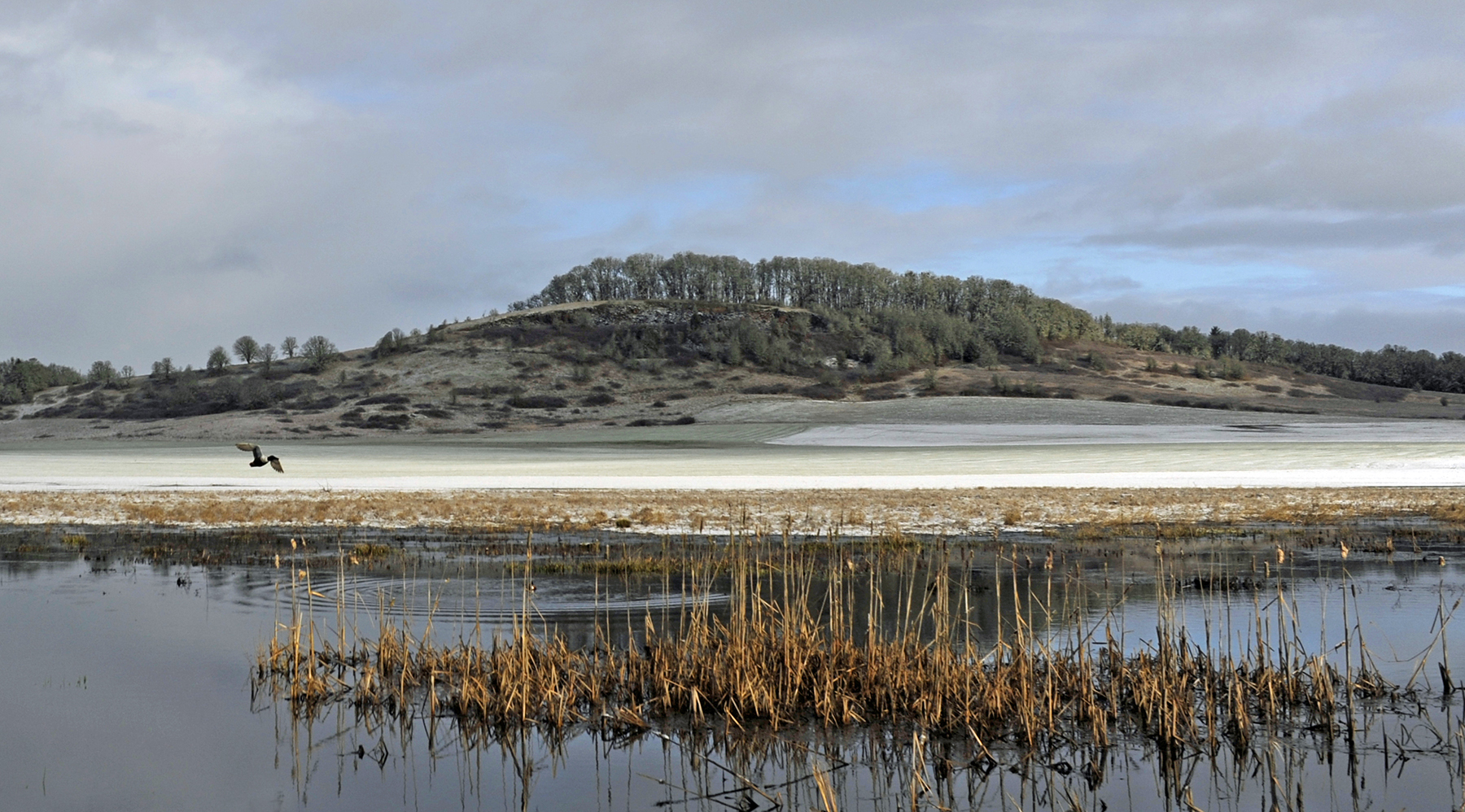

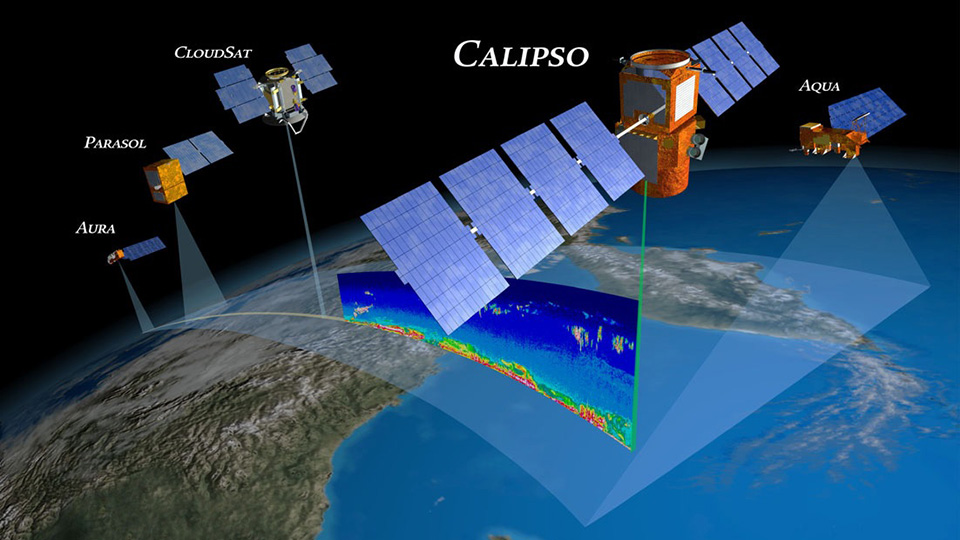

Pulitzer Prize-winning journalist Bob Marshall of "The Lens" explains why Louisiana is “Losing Ground”.
Watch Explore
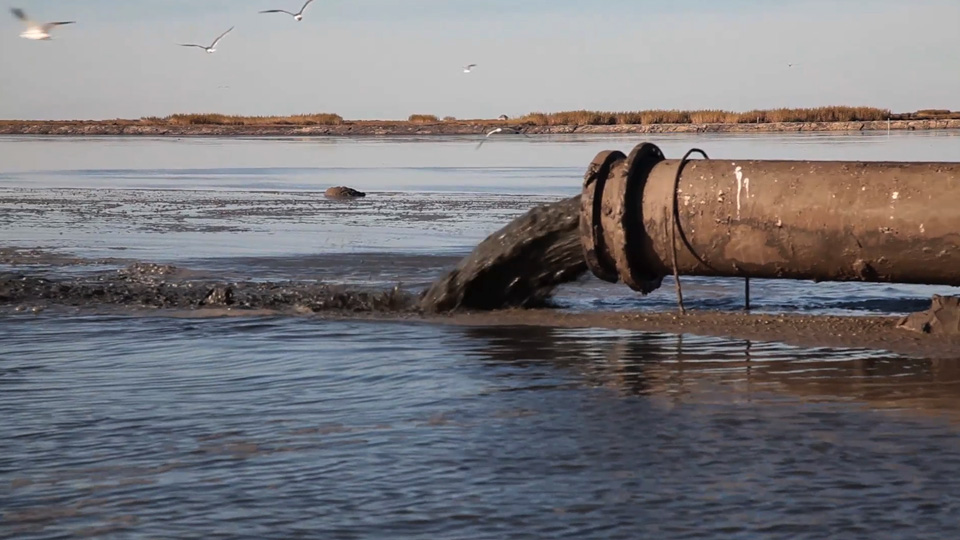
The Louisiana Coastal Master Plan combines hundreds of individual projects designed to work together. But engineering method options for rebuilding land are limited and come with tradeoffs and consequences.
Watch More on the Louisiana Coastal Master Plan
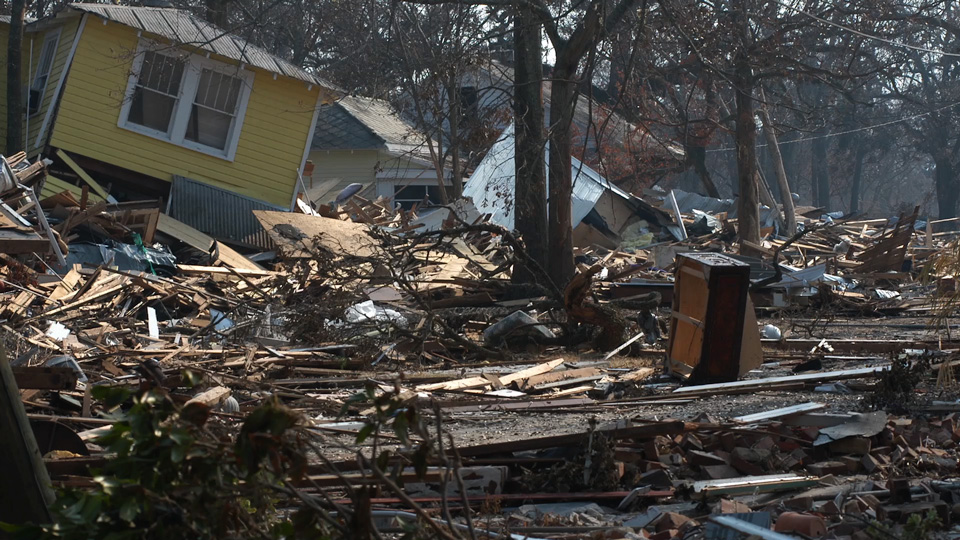
Hurricane Katrina proved that environmental displacement from climate impacts disproportionately affects vulnerable populations.
Watch
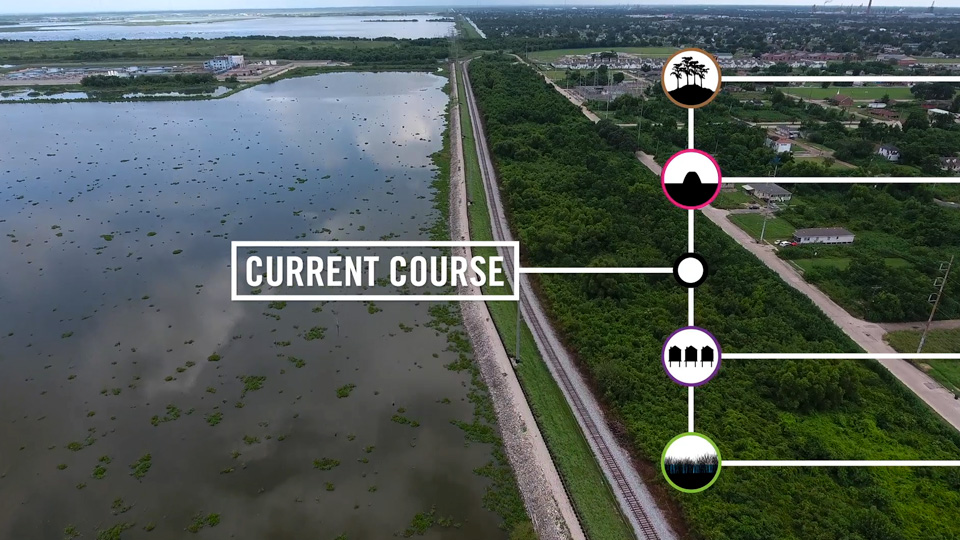
How is it possible, despite uncertainty, to tailor our policy and investment decisions in the present to cope with climate change in the future?
Watch More on Adaptation Pathways
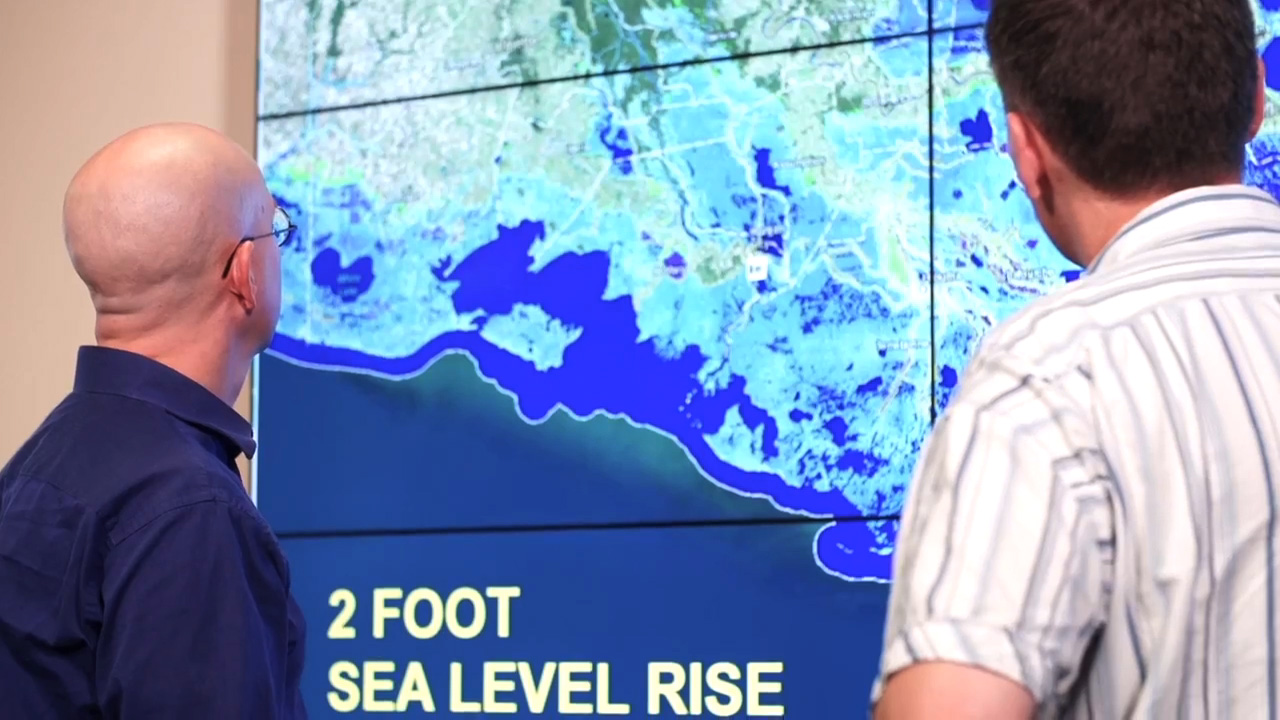
Until recently sea level rise projections have predicted relatively slow increases. New studies of the physics of the ice give a much more dire forecast.
Watch More About Ice Study
What does Louisiana’s coast look like with five meters of sea level rise?
Explore
This work was supported by the National Science Foundation through the Network for Sustainable Climate Risk Management (SCRiM) under NSF cooperative agreement GEO-1240507.
Any opinions, findings, and conclusions or recommendations expressed in this material are those of the author(s) and do not necessarily reflect the views of the National Science Foundation.